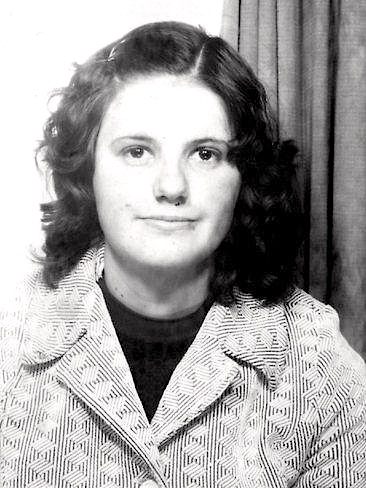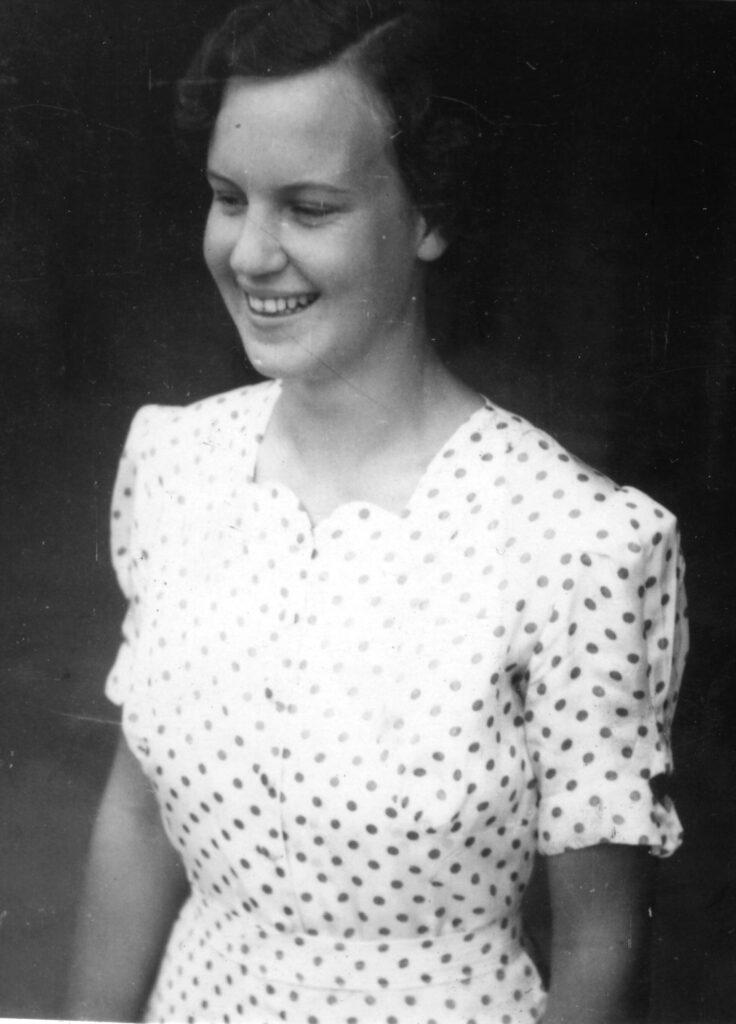People who work in the arts world need patience.
A visual artist can probably bring an idea to fruition more quickly than others: a painting or drawing may be completed in hours, but often it takes much longer. But then there is the puzzle of how to share the piece with others; unless they view or buy it, the appreciation is fleeting and perhaps never to be repeated. It may end up being relegated to the back of a studio.
Performance arts involve long periods of planning and rehearsal, then culminate in one or several performances. Those who watch and enjoy have to carry the memory and images of these occasions and the feelings they evoke, but the actual events may never be repeated. Months of work is over in a few hours.

A writer faces a long period of gestation. Longer than a pregnancy, probably. Anything from months to years, with no guarantees that anyone will ever see this embryonic manuscript. It may take some time before the words even begin to appear on the screen. Some books involve massive research while others are inspired cameos written in notebooks, devices on the run or the back of a paper napkin.
My books spawn many sticky notes, shifted endlessly around on an empty wall. The chapters jostle for their order and some are deleted in rash moments, only to be dug out from computer trash and restored to dignity somewhere else in the evolving story. Ideas that seemed brilliant at the start are left sitting on the languishing list of thoughts, some never make it to the written word.
(more…)
